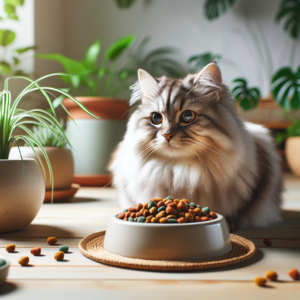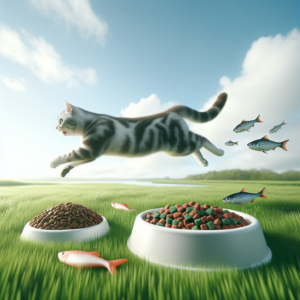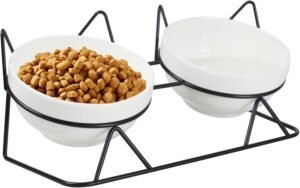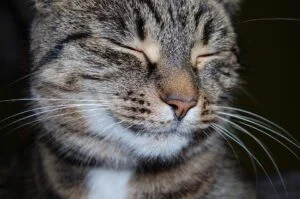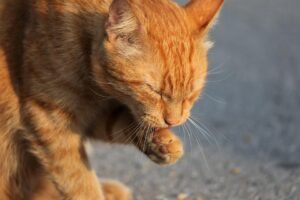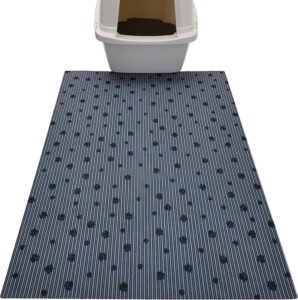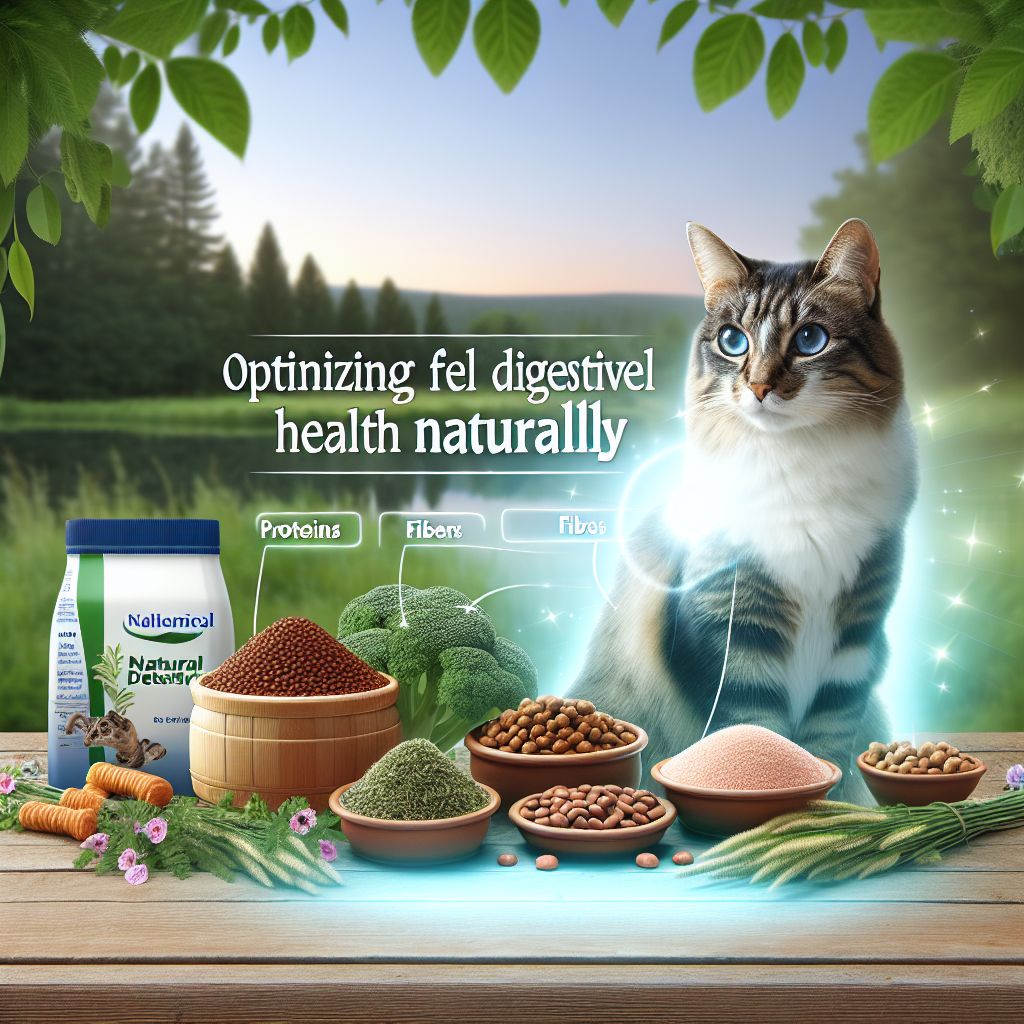
Introduction
Feline digestive health is an essential aspect of your cat’s overall well-being. A healthy digestive system ensures that your furry friend absorbs the necessary nutrients from their food, maintains a healthy weight, and enjoys a robust immune system. While there are many commercial products available to support feline digestion, natural methods can often provide an effective and holistic approach to maintaining and optimizing your cat’s digestive health.
Understanding Feline Digestive Health
Before delving into natural optimization methods, it’s important to understand how a cat’s digestive system functions. Cats are obligate carnivores, meaning their digestive systems are designed to process meat efficiently. The feline digestive tract is relatively short and simple compared to omnivores or herbivores, which means that any disruptions in this system can quickly lead to digestive disturbances.
Common signs of digestive problems in cats include vomiting, diarrhea, constipation, and loss of appetite. If these symptoms persist, it’s crucial to consult with a veterinarian to rule out any serious underlying conditions. Once serious issues have been ruled out, you can focus on natural strategies to optimize your cat’s digestive health.
Dietary Considerations
High-Quality Protein Sources
Since cats are obligate carnivores, their diet should be rich in high-quality animal proteins. When selecting food for your cat, prioritize options that list real meat, poultry, or fish as the primary ingredient. Avoid foods with excessive fillers like corn, wheat, or soy, which can be difficult for cats to digest and may lead to digestive upset.
Balanced Nutrients
Ensuring that your cat receives a balanced diet with all the essential nutrients is vital for digestion and overall health. Look for foods that contain essential fatty acids, vitamins, and minerals. Taurine, an amino acid, is particularly crucial for cats as it supports heart and eye health and aids in digestion.
Hydration
Proper hydration is key to a healthy digestive system. Cats naturally have a low thirst drive, which can lead to dehydration. Encourage your cat to drink more water by providing fresh, clean water at all times. Consider using a cat water fountain, as many cats are attracted to moving water. Additionally, incorporating wet food into your cat’s diet can increase their overall water intake.
Natural Supplements
Probiotics
Probiotics are beneficial bacteria that can promote a healthy gut flora balance, aiding digestion and improving nutrient absorption. Consider adding a feline-specific probiotic supplement to your cat’s diet. Look for products that contain strains like Lactobacillus acidophilus and Bifidobacterium, which are known to support digestive health in cats.
Digestive Enzymes
Digestive enzymes help break down food into smaller, more easily absorbed components. Some cats, especially as they age, may benefit from a digestive enzyme supplement to improve their digestion. These supplements can help reduce symptoms like gas, bloating, and indigestion.
Herbal Remedies
Slippery Elm Bark
Slippery elm bark is a natural remedy that can soothe the digestive tract and relieve symptoms of gastrointestinal distress. It contains mucilage, a gel-like substance that coats and protects the lining of the stomach and intestines. This can be particularly helpful for cats with sensitive stomachs or inflammatory bowel disease.
Chamomile
Chamomile is known for its calming properties and can be beneficial for cats with digestive issues linked to stress or anxiety. A small amount of chamomile tea added to your cat’s water or food can help ease digestive discomfort.
Lifestyle Adjustments
Regular Feeding Schedule
Establishing a regular feeding schedule can help regulate your cat’s digestive system. Feeding your cat at the same times each day can prevent overeating and reduce the likelihood of digestive disturbances.
Slow Feeding Techniques
Some cats eat too quickly, which can lead to vomiting and indigestion. Implement slow feeding techniques by using puzzle feeders or interactive toys that require your cat to work for their food. This not only slows down their eating but also provides mental stimulation.
Environmental Enrichment
Stress Reduction
Stress and anxiety can negatively impact a cat’s digestive health. Ensure your cat has a calm and enriching environment with plenty of opportunities for play and exploration. Provide perches, scratching posts, and toys to keep your cat mentally and physically engaged.
Litter Box Management
A clean and accessible litter box is crucial for your cat’s digestive health. Make sure to scoop the litter box daily and provide one more box than the number of cats in your household. This encourages regular bowel movements and reduces stress.
Monitoring and Consultation
Regular Health Check-ups
Regular veterinary check-ups are essential to monitor your cat’s digestive health and overall well-being. Your veterinarian can help identify any potential issues early on and recommend appropriate dietary or lifestyle changes.
Observing Behavioral Changes
Pay attention to any changes in your cat’s eating habits, litter box usage, or behavior. These could be signs of digestive distress or other health problems. Early detection and intervention can prevent minor issues from becoming major concerns.
Conclusion
Optimizing your cat’s digestive health naturally involves a combination of proper nutrition, supplementation, and lifestyle adjustments. By focusing on high-quality protein sources, balanced nutrients, and hydration, you can provide a strong foundation for your cat’s digestive system. Incorporating natural supplements and herbal remedies can further enhance their digestive health. Additionally, creating a stress-free environment and maintaining regular veterinary consultations will help ensure your cat’s digestive system functions optimally. With these strategies, you can support your feline friend’s digestive health and overall well-being, allowing them to lead a happier, healthier life.
